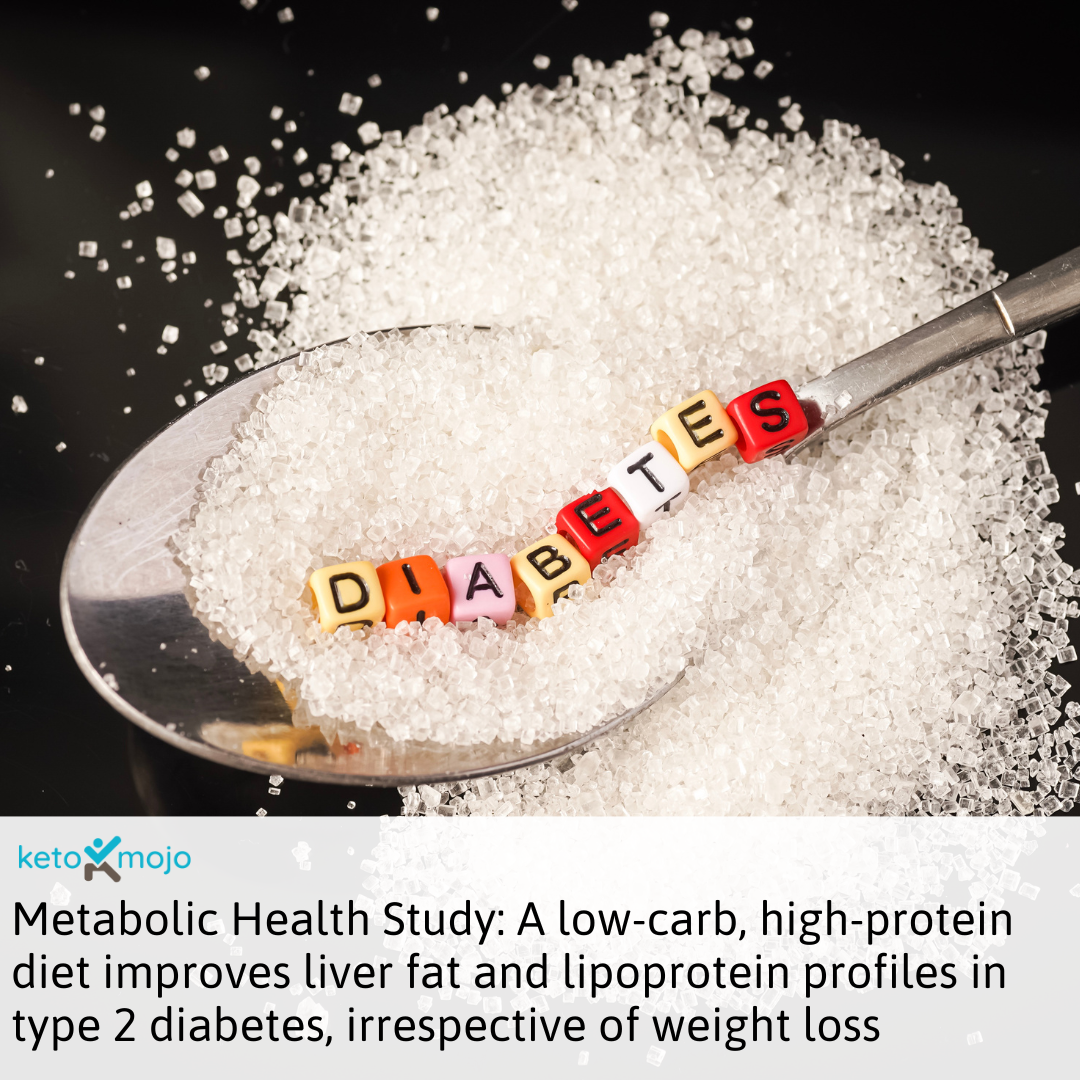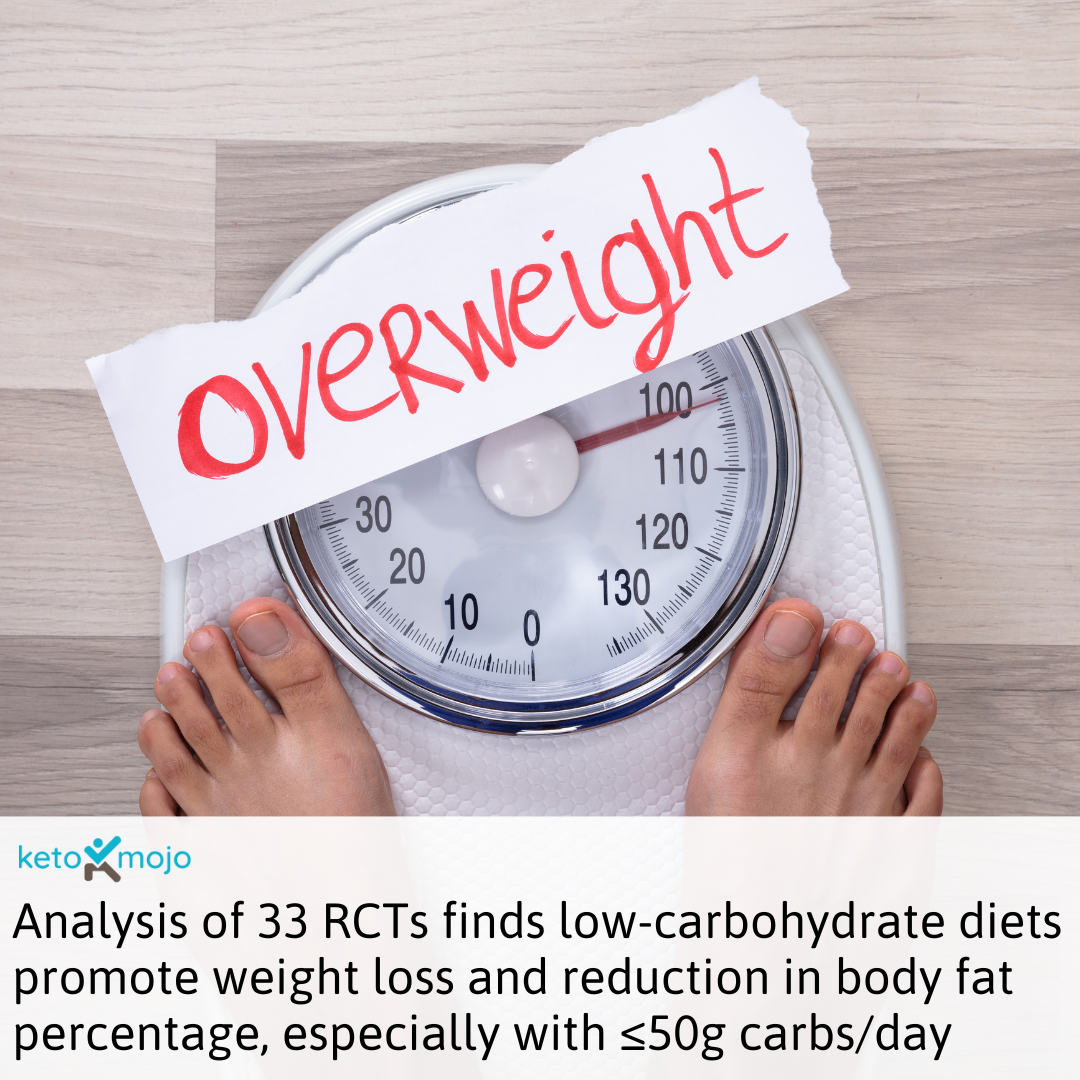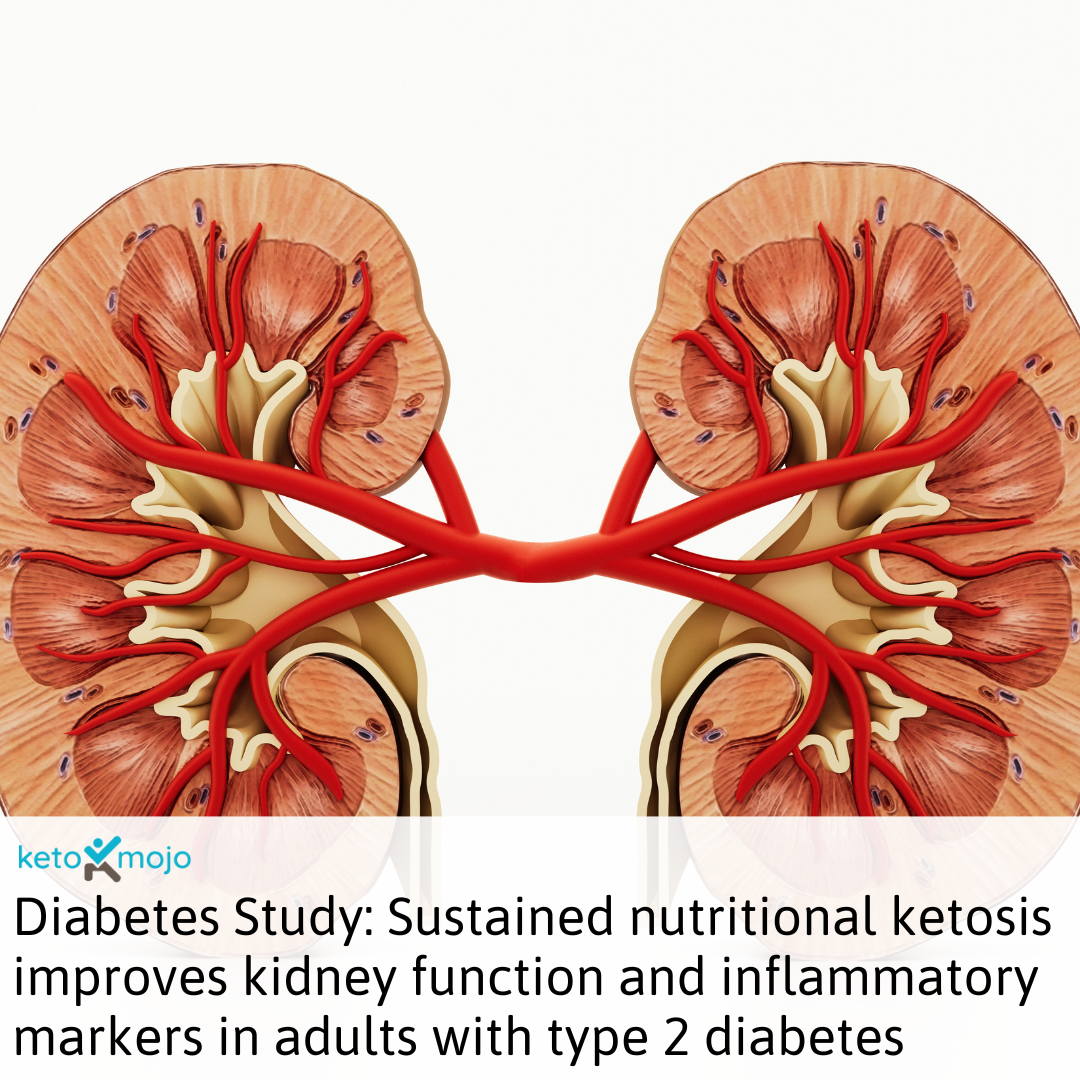Diabetes, Endocrine
Replacing dietary carbohydrate with protein and fat improves lipoprotein subclass profile and liver fat in type 2 diabetes independent of body weight: evidence from 2 randomized controlled trials

Researchers investigated the effects of moderate carbohydrate restriction with higher protein intake on liver fat and lipoprotein subclasses in individuals with type 2 diabetes (T2D), independent of body weight changes. The analysis used data from two randomized controlled trials:
- Isoenergetic study (Iso study): 30 participants on a diet designed to maintain weight
- Hypoenergetic study (Hypo study): 72 participants on a diet designed to achieve approximately 6% weight loss.
In both studies, participants followed either a carbohydrate-reduced high-protein (CRHP) diet or a conventional diabetes (CD) diet for six weeks, with all meals prepared in a metabolic kitchen to ensure adherence.
Results:
Iso study (weight maintenance):
- The CRHP diet significantly reduced triacylglycerol-rich lipoproteins (TRLs) by 33% and small-dense LDL particles by 16%. It also improved the HDL2/HDL3 ratio by 10%, indicating a favorable shift in lipoprotein profiles.
- Liver fat content decreased by 55% with the CRHP diet, compared to smaller changes with the CD diet.
Hypo study (weight loss):
- The CRHP diet tended to reduce TRLs by 16% and small-dense LDL particles by 13%, while improving the HDL2/HDL3 ratio by 11%.
- Liver fat reduction was 26% with the CRHP diet, compared to less substantial decreases with the CD diet.
General findings:
- Both diets showed significant liver fat reductions and lipoprotein improvements, but CRHP had superior effects.
- Improvements in lipoprotein profiles correlated strongly with reductions in liver fat.
- CRHP’s benefits occurred independent of weight changes, suggesting its potential in metabolic health management.
Replacing carbohydrates with protein and fat in the diet improves liver fat and lipoprotein profiles in T2D patients, independent of weight loss. These findings support a carbohydrate-reduced, high-protein diet as a promising strategy for managing dyslipidemia and metabolic health in T2D.






